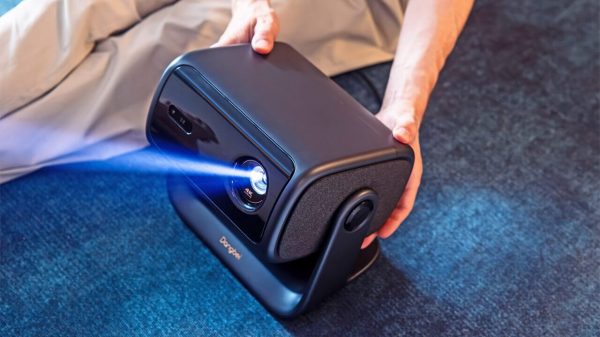Hong Kong – On December 12, the Hong Kong Court of Appeal upheld the ruling of a lower court that 38-year-old Chan Nai-ming was guilty of violating Hong Kong’s Copyright Ordinance for distributing illegal copies of three Motion Picture Association (MPA) member company titles without authorization via a peer-to-peer (P2P) network forum.
Chan, who had been out on bail during his appeal, was remanded to custody and began serving the three-month jail sentence mandated by the Tuen Mun Magistrates’ Court on November 7, 2006. The case was the world’s first in which criminal charges were filed against a user of BitTorrent (BT) technology.
“In upholding this conviction and sending a message to a pirate caught sharing copyrighted movies illegally, Hong Kong continues to demonstrate its intellectual property rights protection leadership,” said Mike Ellis, Senior Vice President and Regional Director, Asia-Pacific, MPA. “The Court has made very clear today that copyright thieves must face the legal consequences of their actions, and it has affirmed the hard work of Hong Kong’s law enforcement and prosecutorial agencies in protecting intellectual property rights.”
Following three weeks of intensive investigation, on January 12, 2005, the Intellectual Property Investigations Bureau (IPIB) of the Hong Kong Customs and Excise Department arrested Chan, launching Hong Kong’s first prosecution for copyright violations involving the illegal distribution of motion pictures through the Internet.
Piracy in Asia
A comprehensive study aimed at producing a more accurate picture of the impact that piracy has on the film industry including, for the first time, losses due to internet piracy, recently calculated that the MPA studios lost US$6.1 billion to worldwide piracy in 2005. About US$2.4 billion was lost to bootlegging*, US$1.4 billion to illegal copying* and US$2.3 billion to Internet piracy. Of the US$6.1 billion in lost revenue to the studios, approximate $1.2 billion came from piracy across the Asia-Pacific region, while piracy in the U.S. accounted for $1.3 billion.
In 2005, the MPA’s operations in the Asia-Pacific region investigated more than 34,000 cases of piracy and assisted law enforcement officials in conducting more than 10,500 raids. These activities resulted in the seizure of more than 34 million illegal optical discs, 55 factory optical disc production lines and 3,362 optical disc burners, as well as the initiation of more than 8,000 legal actions.
*Bootlegging: Obtaining movies by either purchasing an illegally copied HS/DVD/VCD or acquiring hard copies of bootleg movies.
*Illegal copying: Making illegal copies for self or receiving illegal copies from friends of a legitimate VHS/DVD/VCD
*Internet piracy: Obtaining movies by either downloading them from the Internet without paying or acquiring hard copies of illegally downloaded movies from friends or family.
About the MPA: The Motion Picture Association (MPA) represents the interests of major motion picture companies in the global marketplace. On behalf of its Member Companies, the MPA conducts investigations around the world, assists with the criminal and civil litigation generated by such cases, and conducts education outreach programs to teach movie fans around the world about the harmful effects of piracy. The MPA directs its worldwide anti-piracy operations from its headquarters based in Encino, California and has regional offices located in Brussels (Europe, Middle East and Africa), Sao Paulo (Latin America), Montreal (Canada) and Singapore (Asia-Pacific). The MPA’s anti-piracy activities have helped to transform entire markets from pirate to legitimate, benefiting video distributors, retailers, and foreign and local filmmakers alike. The MPA member companies include: Buena Vista International, Inc.; Paramount Pictures Corporation; Sony Pictures Releasing International Corporation; Twentieth Century Fox International Corporation; Universal International Films, Inc.; and Warner Bros. Pictures International, a division of Warner Bros. Pictures Inc.























